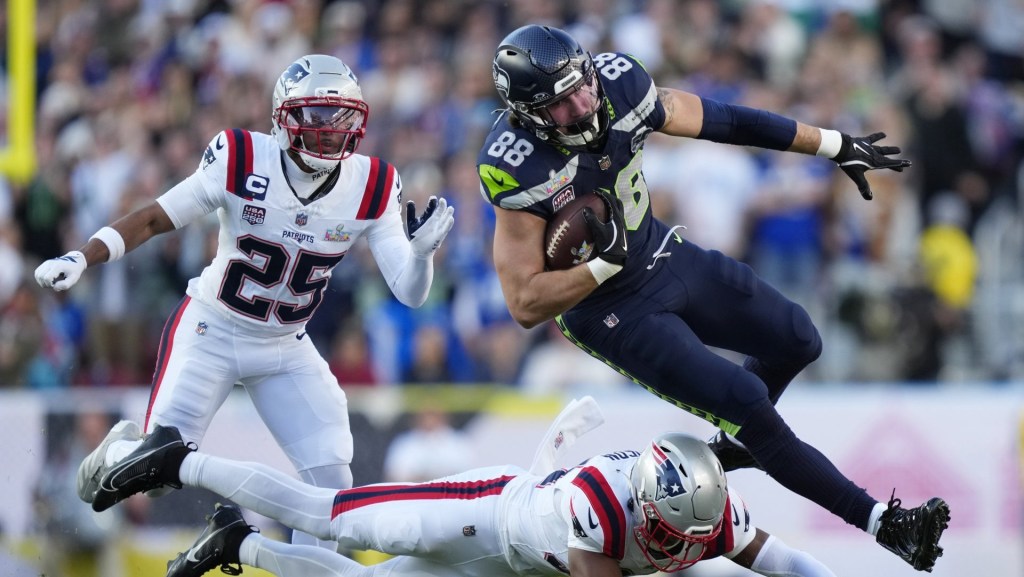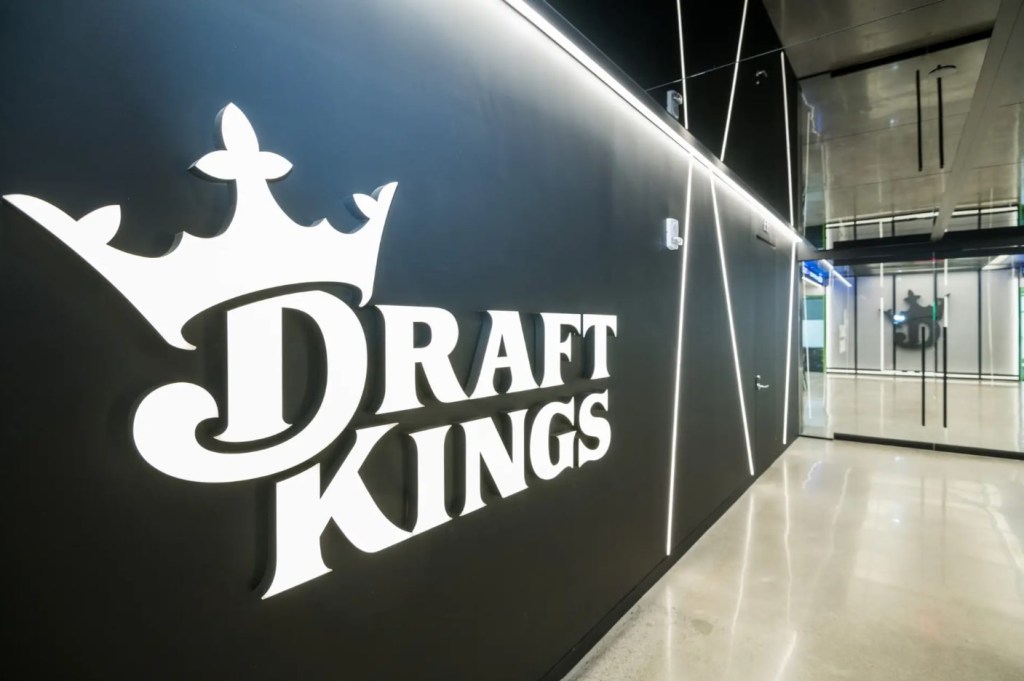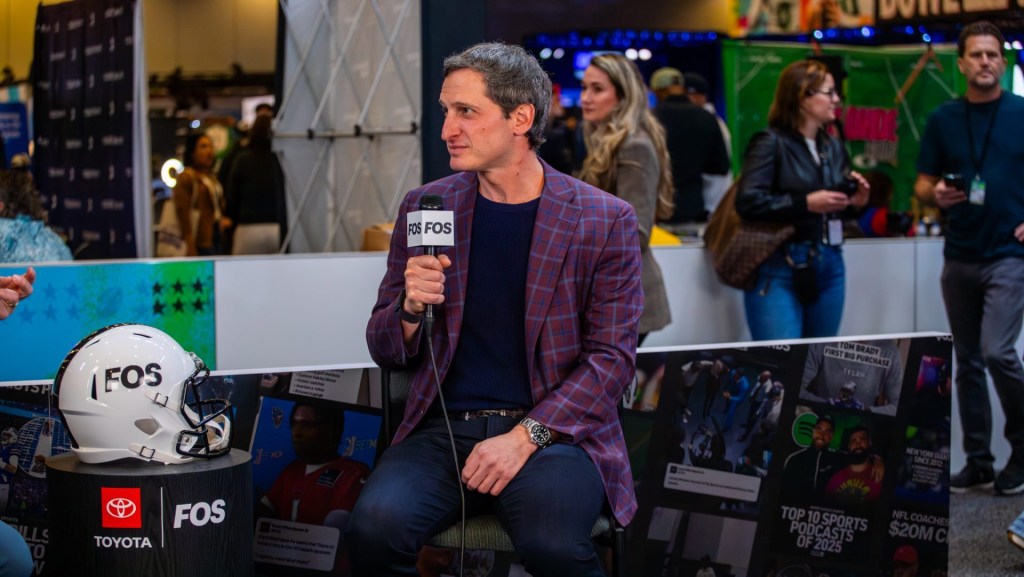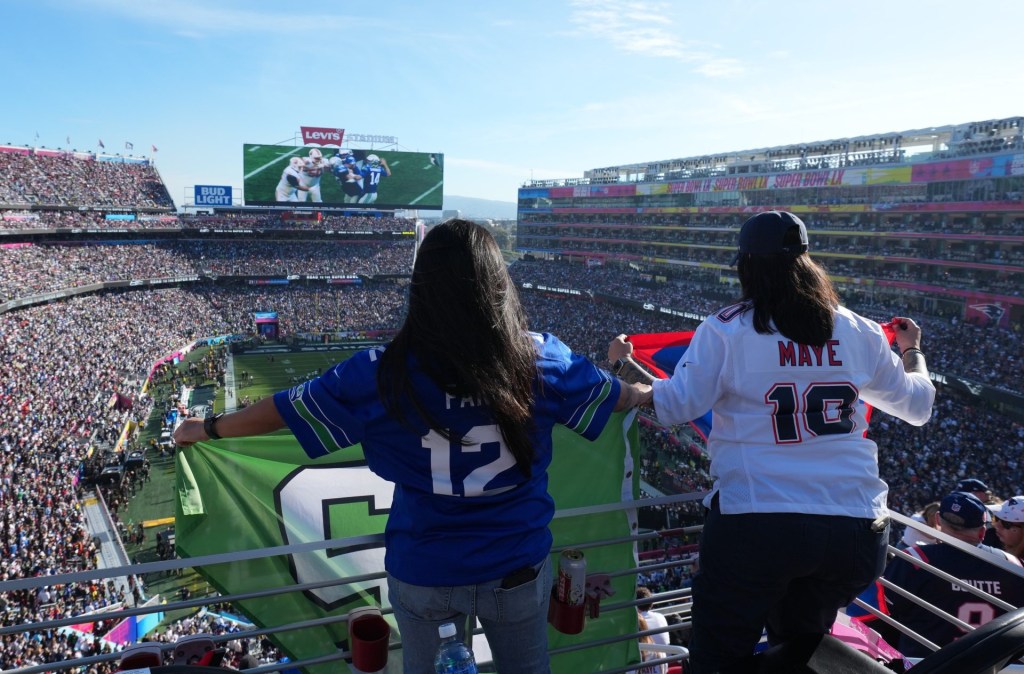DraftKings is currently in acquisition talks with Railbird Exchange, an upstart prediction markets platform that recently gained federal licensure, a source told Front Office Sports. Financial terms were not known, and a deal has not been finalized.
“DraftKings speaks to a variety of companies regarding various matters in the normal course of business, and it is our general policy not to comment on the specifics of any of those discussions,” a spokesperson for the sportsbook told FOS in a statement. Railbird did not respond to a request for comment.
The discussions come amid widespread industry belief that sportsbooks and prediction markets will become intertwined in the coming months.
DraftKings previously applied for a federal license to operate a prediction market, but withdrew the application in April. “DraftKings continues to monitor developments related to prediction markets as an emerging product that reflects evolving consumer engagement and warrants thoughtful consideration,” its rep said.
Last month, FOS reported that FanDuel has had talks about partnering with Kalshi, the exchange that has grown in prominence in sports prediction markets, including via a collaboration with Robinhood. No deal between FanDuel and Kalshi has been completed.
Football season is by far the busiest time of year for sports gambling, and industry sources believe there will be a flurry of activity, whether by M&A or strategic partnerships, as it approaches. “Every major sportsbook is lining up partnerships,” one source told FOS.
Sportsbooks are regulated state by state, but prediction markets like Kalshi operate with federal licensing. This means they’re available in big states like California and Texas that do not have legal sports betting.
In sports, Kalshi offers championship futures, golf and tennis tournament odds, and single-game winners (called the moneyline bet on sportsbooks). Sources have said it’s only a matter of time until they delve into point spreads, player props, and parlays.
Gaming boards in legal sports betting states have protested the advent of prediction markets, which aren’t subject to the same regulations and taxes as sportsbooks.
Kalshi has faced considerable pushback to its sports offerings, including a series of state lawsuits from newly formed limited liability companies with uniform names—Kentucky Gambling Recovery LLC, Illinois Gambling Recovery LLC, and so on—as well as cease-and-desist orders from regulators in at least seven states: Nevada, New Jersey, Illinois, Maryland, Ohio, Montana and Arizona. In response, the company has sued regulators in three of those states: Nevada, New Jersey, and Maryland. Nevertheless, the exchange has scored significant early victories in the Nevada and New Jersey suits and continues to operate, although those cases remain ongoing.


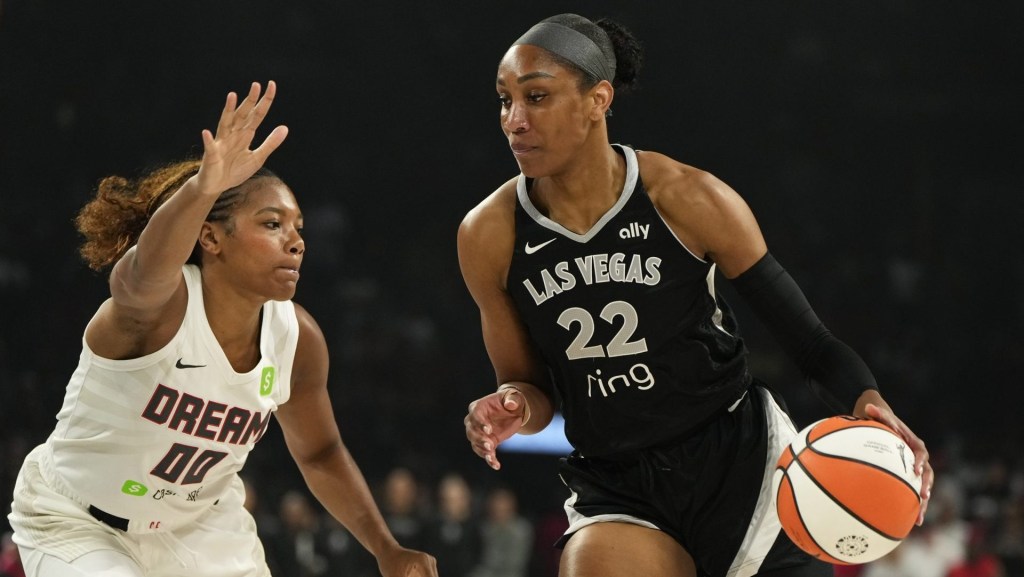
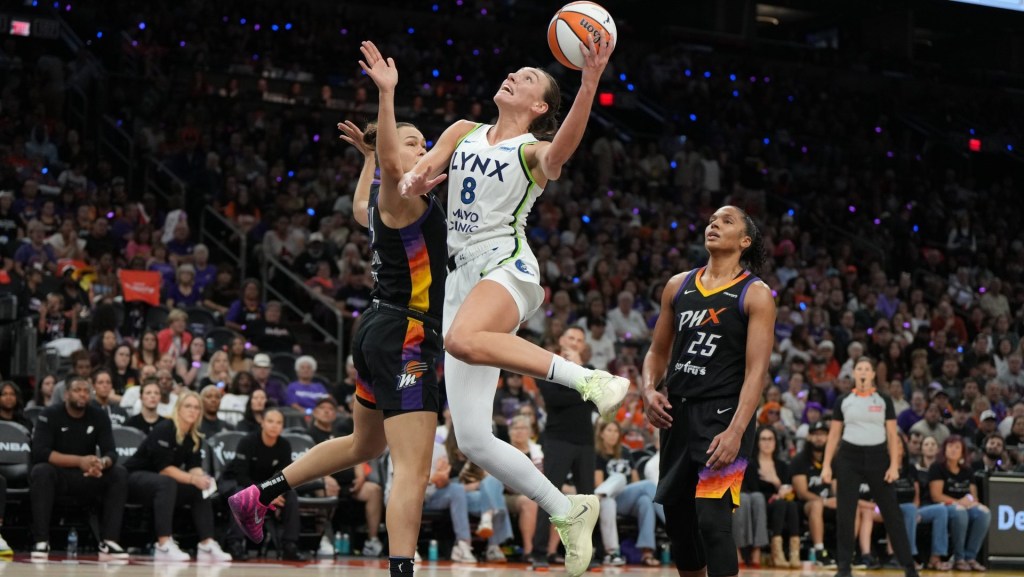
![[Subscription Customers Only] Jul 13, 2025; East Rutherford, New Jersey, USA; Chelsea FC midfielder Cole Palmer (10) celebrates winning the final of the 2025 FIFA Club World Cup at MetLife Stadium](https://frontofficesports.com/wp-content/uploads/2026/02/USATSI_26636703-scaled-e1770932227605.jpg?quality=100&w=1024)




